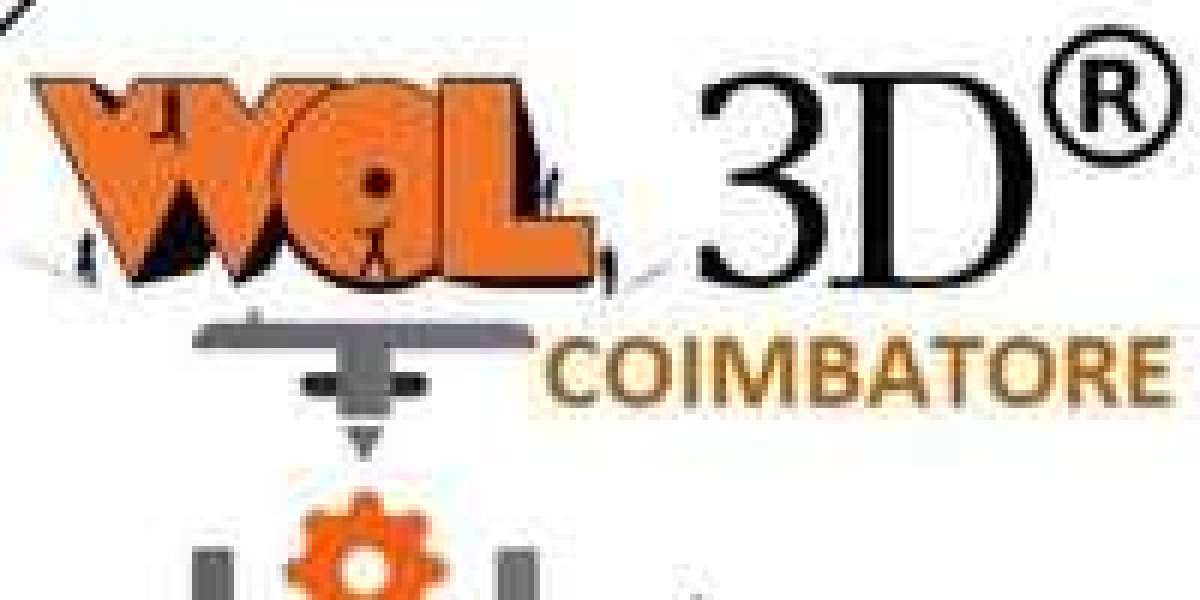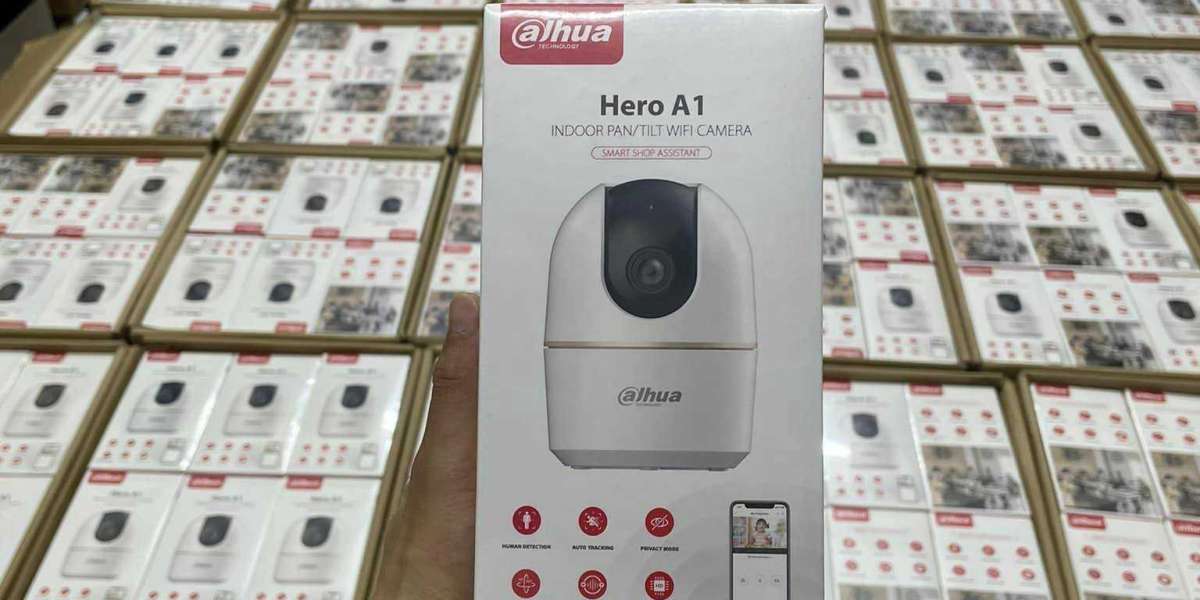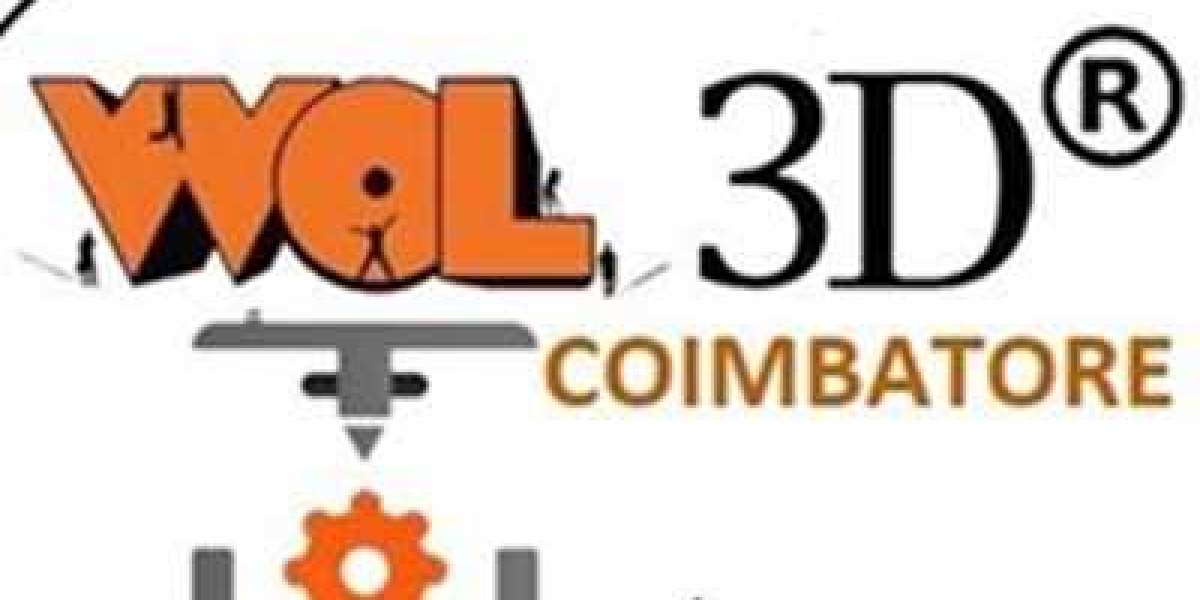In the ever-evolving automotive industry, ensuring the cleanliness and safety of recreational vehicles (RVs) is paramount. The importance of whole RV contaminant removal cannot be overstated, as it directly impacts the longevity, performance, and overall user experience of these vehicles. This article delves into the critical aspects of whole RV contaminant removal, shedding light on why it is a cornerstone of modern automotive practices.
Enhancing Vehicle Longevity
One of the primary reasons for emphasizing whole RV contaminant removal is to enhance the longevity of the vehicle. Contaminants such as dust, dirt, and chemical residues can accumulate over time, leading to corrosion and wear on various components. By implementing comprehensive cleaning protocols, automotive professionals can significantly extend the lifespan of RVs. For instance, regular cleaning of the undercarriage prevents rust formation, while thorough interior cleaning ensures that electronic systems remain functional.
Improving Performance and Efficiency
Another crucial aspect of whole RV contaminant removal is its impact on vehicle performance and efficiency. Contaminants can obstruct airflow, clog filters, and interfere with engine operations. This not only reduces fuel efficiency but also hampers the overall performance of the RV. By maintaining a contaminant-free environment, the engine and other mechanical systems can operate at optimal levels. For example, a clean air filter ensures that the engine receives the necessary air intake, leading to better combustion and improved mileage.
Ensuring User Safety and Comfort
User safety and comfort are paramount considerations in the automotive industry. Whole RV contaminant removal plays a pivotal role in achieving these objectives. Contaminants such as mold, mildew, and allergens can pose health risks to occupants. Regular cleaning and sanitization of the interior surfaces, ventilation systems, and water tanks help mitigate these risks. Additionally, a clean and well-maintained RV provides a more comfortable and enjoyable travel experience for users, free from unpleasant odors and potential health hazards.
Environmental Responsibility
In today's environmentally conscious world, the automotive industry is increasingly focusing on sustainable practices. Whole RV contaminant removal aligns with this trend by promoting eco-friendly cleaning methods and reducing the environmental impact of vehicle maintenance. Using biodegradable cleaning agents and proper disposal of hazardous materials are examples of how the industry can contribute to environmental preservation. By adopting these practices, automotive professionals demonstrate their commitment to both customer satisfaction and environmental stewardship.
Conclusion
In conclusion, the importance of whole rv contaminant removal in the automotive industry is multifaceted. It enhances vehicle longevity, improves performance and efficiency, ensures user safety and comfort, and promotes environmental responsibility. As the industry continues to evolve, adopting comprehensive cleaning protocols and innovative solutions will remain essential. By prioritizing whole RV contaminant removal, automotive professionals can deliver superior products and services, ultimately driving customer satisfaction and industry growth.
Incorporating these practices not only benefits the end-users but also sets a benchmark for quality and reliability in the automotive sector. As we move forward, the commitment to maintaining clean and contaminant-free RVs will undoubtedly play a pivotal role in shaping the future of the industry.







